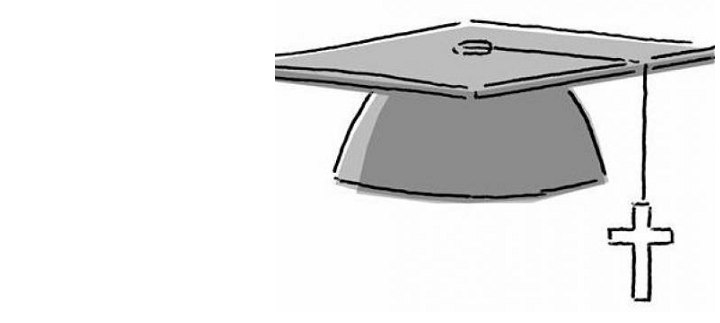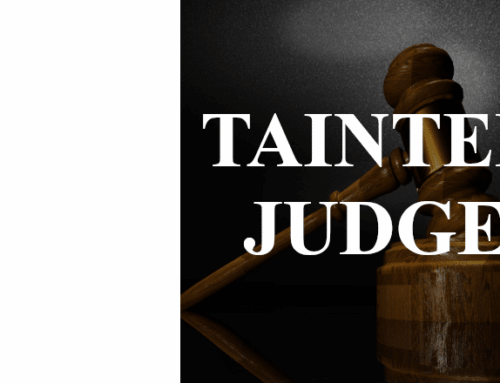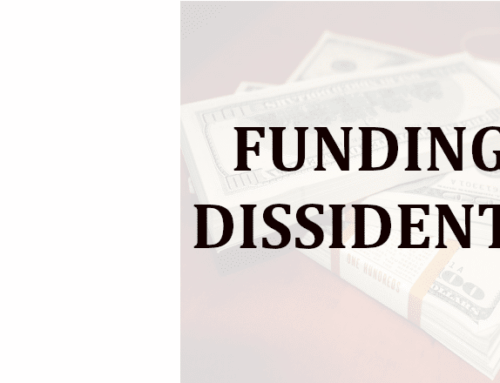Catholic League president Bill Donohue comments on a new survey by the Pew Research Center, “In America, Does More Education Equal Less Religion?”
“Overall, U.S. adults with college degrees are less religious than others, but this practice does not hold among Christians.” This is the central Pew finding, though there is much in the survey that reveals other important data.
For the adult population as a whole, college graduates are much less likely than those with no more than a high school diploma to say that religion is “very important” in their lives. Similarly, the more highly educated are also less likely to believe in God with absolute certainty. Yet when it comes to attending religious services, there is no discernible difference between these two segments of the population.
The survey does not attempt to explain these findings. But it would be shocking to learn the opposite: students are subjected to a highly secular orientation in college, and in many cases the milieu on campus is not religion-friendly. Regarding attendance at religious services, we know from other studies that church-goers are presented with significant opportunities for bonding with neighbors; this may be especially important to those at the top of the socio-economic scale.
When it comes to believing in God with absolute certainty, Catholics and Jews bring up the rear. Here are the data on this measure:
- Historically black Protestants (89%)
- Evangelical Protestants (88%)
- Mormons (86%)
- Mainline Protestants (66%)
- Catholics (64%)
- Jews (39%)
Catholics and Jews may be the least likely to believe in God with absolute certainty, but their reasons for doing so are very different. Among Catholics with less than a high school education, only 50% say they are sure God exists, but for those with a post-graduate degree it is 66%. For Jews, the respective numbers show the opposite pattern—58% and 24%.
Pew doesn’t offer an explanation, but it appears that the secularism that marks higher education has had a much greater effect on Jews than Catholics. This may be because Jews are much more likely to be raised in a non-observant family than are Catholics, thus making them more subject to the secular influences of graduate school. It may also be that poorly educated Catholics may be more cynical about life in general, spilling over into their belief in God.
This Pew survey should put to rest a bias that is commonplace among intellectuals: religion is not the opiate of the masses that Marx espoused. If it were, then all the non-believers would also be the most educated, and they are not—Christians threw a wrench in that idea.
If the deep thinkers were curious about this subject, they would ponder the observation of French sociologist Raymond Aaron: Marxism is the opiate of the intellectual.







